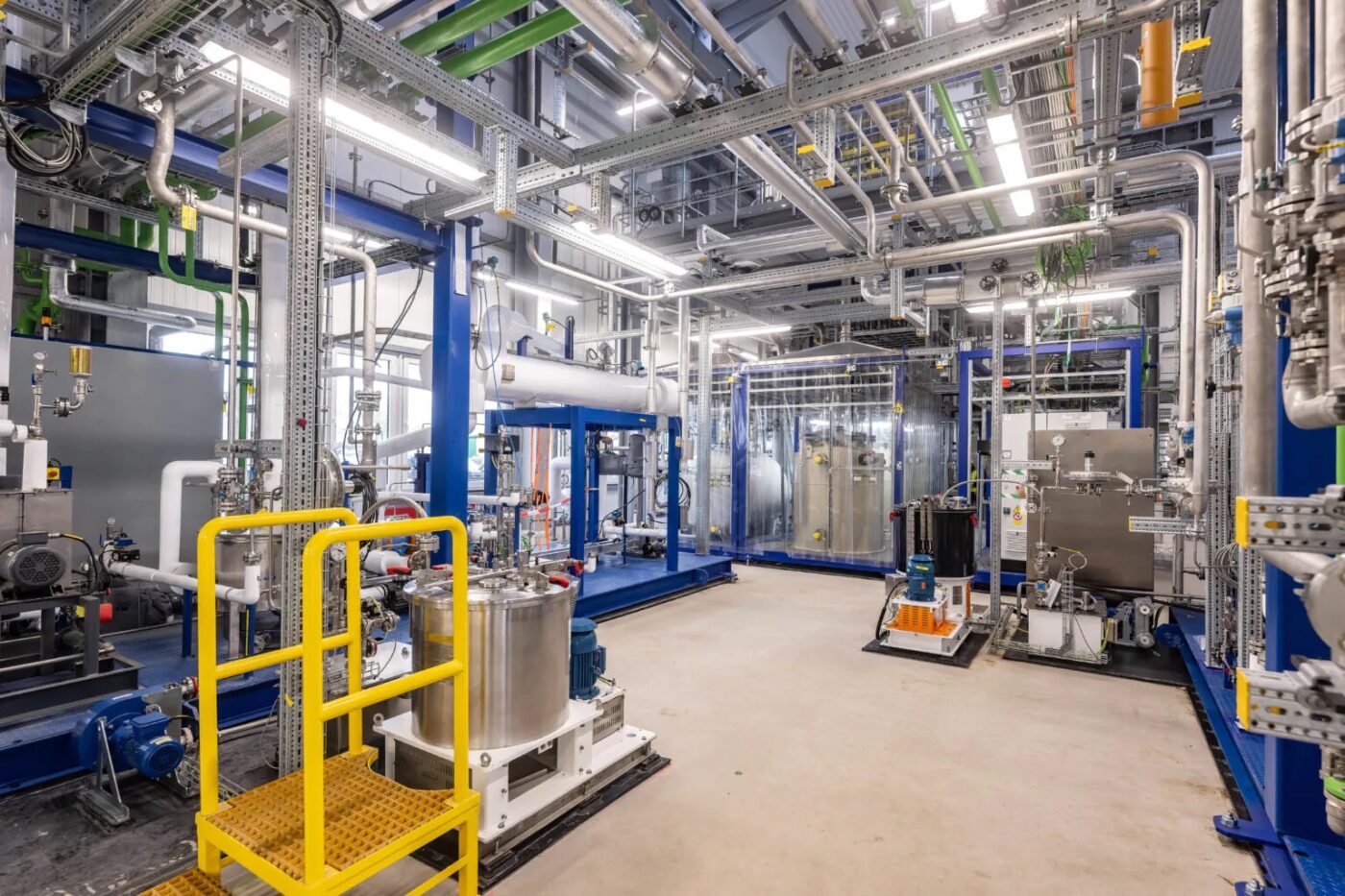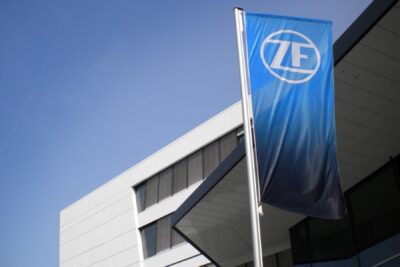Vulcan supplies lithium to Glencore subsidiary
The binding agreement has a term of eight years and covers the supply of a total of 36,000 to 44,000 tonnes of LHM to Glencore – the annual supply volumes are therefore not known, but will be significantly lower. It is thus still part of the first project phase, ‘Lionheart’. “Glencore joins Stellantis, Umicore and LG Energy Solution as the Company’s offtake partners for Phase One and represents the final offtake agreement required for Phase One project financing,” Vulcan Energy announced.
As part of the Lionheart project, Vulcan aims to produce 24,000 tonnes of LHM per year. This should be enough for around 500,000 electric car batteries. With an off-take of 36,000 to 44,000 tonnes of LHM, Glencore is one of Vulcan’s three largest customers. The contract signed with LG Energy Solution in 2022 is slightly higher at 41,000 to 50,000 tonnes, but by far the largest customer is car manufacturer Stellantis, which had already secured 81,000 to 99,000 tonnes of lithium hydroxide by the end of 2021. The contract with Umicore, also signed in 2021, provides for the delivery of 28,000 to 42,000 tonnes.
If all four major contracts end up at the upper end of the agreed range, this would correspond to a total volume of 235,000 LHM – and thus ten years of production, if Vulcan Energy can reliably achieve its target of 24,000 tonnes per year.
However, Vulcan Energy is currently still in the pilot phase: In mid-January 2025, the company produced battery-grade lithium hydroxide monohydrate for the first time at its Central Lithium Electrolysis Optimisation Plant (CLEOP) in Frankfurt-Höchst. According to the company, this was the first production of battery-grade LHM that took place entirely in Europe, from the extraction of the raw material to its processing into the end product. The precursor product, high-purity lithium chloride concentrate, is filtered from the thermal water of the Upper Rhine Graben at Vulcan’s first lithium extraction optimisation plant (LEOP) in Landau, before being further processed into lithium hydroxide monohydrate (LHM) at the CLEOP in Frankfurt-Höchst.
However, these pilot plants are not sufficient for the Lionheart project’s annual production of 24,000 tonnes – both the LEOP and CLEOP are designed on a scale of 1:50. The commercial plant for LHM production is also to be built in Frankfurt-Höchst, and Vulcan received the building permit for this in September. The financing package for the Lionheart project is expected to be finalised in the fourth quarter of 2025, so that construction of the commercial plants can then begin, as the company emphasises.
“We welcome the start of a long-term relationship with Glencore. With this agreement- a key requirement for Phase One financing – Vulcan has now
achieved a good mix of offtake partners for Phase One lithium production: an automaker, a battery maker, a cathode manufacturer, and a commodities trader, all with a strong European focus,” said Cris Moreno, Managing Director and CEO of Vulcan Energy. “The agreement also gives Vulcan the flexibility to bring in further European customers in the future, while also utilising Glencore’s expertise in this market, which is a value-add to Vulcan.”
investi.com.au (PDF)
This article was first published by Sebastian Schaal for electrive’s German edition





0 Comments